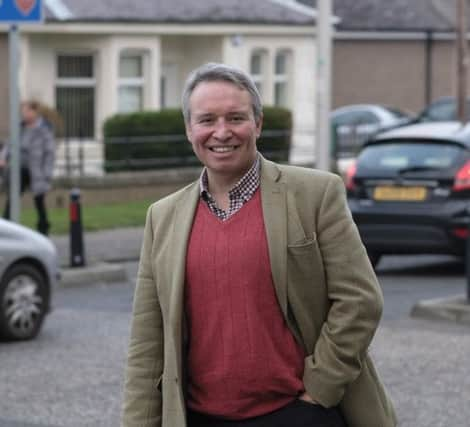John McLellan comment: Ofcom must keep close eye on BBC's recruitment intentions


Ofcom’s market impact study of the BBC’s plans is its first big test since it was handed the oversight of the state broadcaster from the old BBC Trust and a key part of its remit in this process was to assess the impact the new channel might have on other established operators.
While the overall £32 million investment in Scottish broadcast production was welcomed, it was the unanimous view of the newspaper industry that the recruitment of 80 journalists would create a disproportionately powerful organisation way beyond its broadcasting responsibilities because, with an existing complement of some 250 journalists, another 80 would be doing a lot more than putting together a one-hour show. Indeed by the BBC’s admission it plans to use some of the new staff to boost written material online which will be in competition with the digital content of news providers like The Scotsman which do not have the luxury of public money to fund expansion.
Advertisement
Hide AdAdvertisement
Hide AdOfcom’s initial report does at least warn that “a significant increase in the scale and scope of the BBC’s online news provision… could draw readers away from Scottish print and online news providers”. But it stops short of specific recommendations other than expecting the BBC Board “to look closely at any further expansion”. It has asked for further evidence by the middle of May if it is to change its position before making a final decision in July, but the problem is producing data about the impact of something which doesn’t yet exist.
What Ofcom can do is drill further into the BBC’s intentions for those new staff members and extract guarantees about volume and frequency of the online material they will produce. But further, if BBC Scotland uses its new resources to send reporters to cover stories which have no particular Scottish angle just for the sake of it giving them a “Scottish voice”, then Ofcom should be looking at whether this is a good use of public money. At the very least the effect of the new operation on all markets should be on a specific review so adjustments can be made to rectify adverse impacts.
- The least surprising media news of the week was the failure of “Scottish News”, the apparently dynamic multi-media news operation headquartered in a Paisley accountancy office that was going to recruit 300 multi-media journalists to cover every nook and cranny of the country. Only the soon-to-be-bloated BBC Scotland news operation is on that scale, thanks to the licence fee, so even if the money had been there to finance a launch, the chances of a sustainable commercial future were zero.
- John McLellan is director of the Scottish Newspaper Society